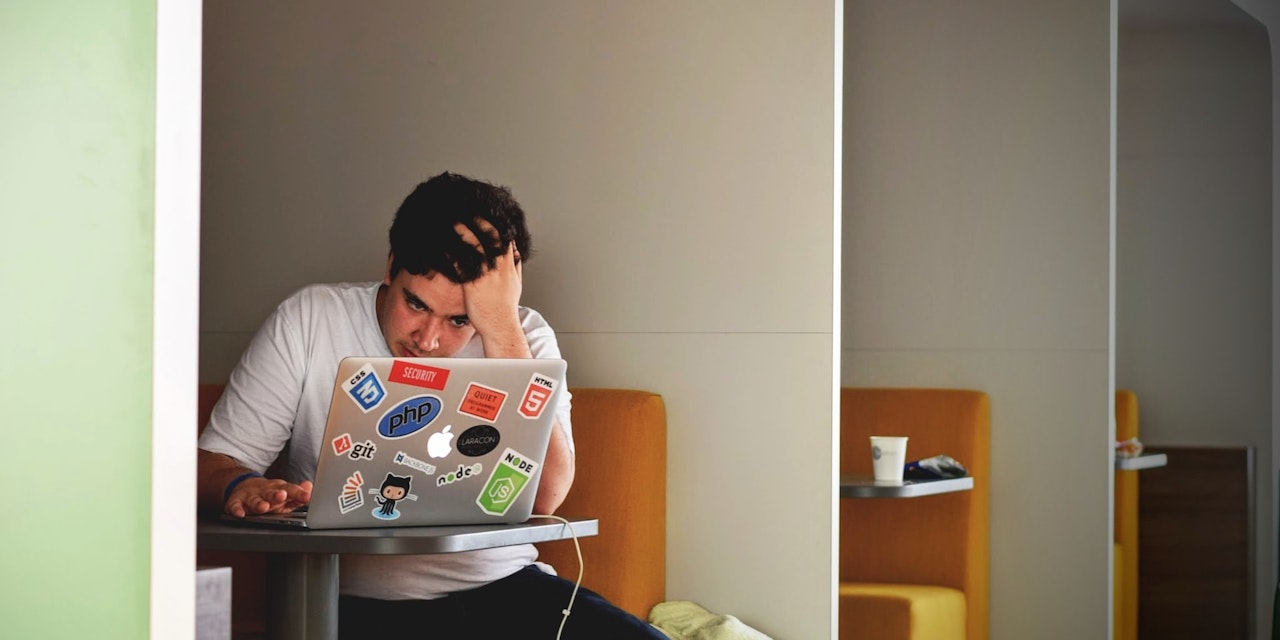Always tired? Try these 3 things
Go from feeling tired all the time to endless energy levels by trying simple things like getting better sleep, improving your diet, and moving more.
- Published: 1/16/2023
- Categories:
- 3 min. read

- Published: 1/16/2023
- Categories:
- 3 min. read
If you feel like you have to force yourself out of bed in the morning, drag through the day, or ask yourself, “why am I always tired?”; it's time to reassess your routine. Go from feeling tired all the time to endless energy levels by trying simple things such as getting a better sleep, improving your diet, and moving more.
Tired of being tired?
The modern pace of life and juggling responsibilities like work, school, kids and beyond, can take a toll on your tiredness levels. And you’re not alone. Even over a decade ago, The Centers for Disease Control and Prevention (CDC) reported that about 15% of women and 10% of men outwardly expressed their ongoing exhaustion (1).
Although chronic fatigue may be caused by an underlying condition (always check in with your doctor), oftentimes it's related to our daily habits. So step above those sleepy statistics and start feeling more rested by giving these simple tips a go.
#1 Get better sleep
Good quality nightly sleep is essential for overall health and energy, yet more than a third of Americans don’t get enough. Sleeping less than seven hours per day is associated with an increased risk of developing diseases such as obesity, diabetes, heart disease, stroke, and mental or mood issues (2).
Most healthy adults need about 7-9 hours of sleep per night but this may vary depending on factors such as your stress level, age, or medical conditions (3).
To get a better sleep, create a nightly relaxation routine. An hour before bedtime, put away your devices (phone, TV, laptop). That’s because they can put a damper on your sleep by keeping your brain “on” and stopping the natural production of the sleep hormone (melatonin) which helps you fall asleep. Try winding down with an activity such as taking a bath or shower, meditation, or reading a good book.
Find more tips here: Want To Sleep Better? We’ve Got Just What You Need
#2 Improve your diet
Nutrient deficiencies, including not getting enough calories, can leave you feeling tired even when you get enough sleep. Deficiencies in B vitamins, vitamin C, iron, magnesium and zinc have been linked to fatigue (4). To help improve your energy levels, make sure to prioritize wholesome foods over processed ones and regularly include these in your meals:
- B vitamins: seafood, poultry, eggs, dairy, beans, lentils, leafy green vegetables.
- Vitamin C: oranges, lemon, lime, bell peppers, strawberries, tomatoes, broccoli.
- Iron: meat, poultry, seafood, beans, nuts, seeds, spinach.
- Magnesium: whole grains, dark green vegetables, beans, lentils, nuts, seeds.
- Zinc: meat, poultry, pork, seafood, whole grains, beans, nuts, seeds.
It’s also important to make sure you get a balance of macronutrients (carbohydrates, fats, proteins), paying particular attention to protein. Protein takes longer than carbohydrates to break down, so it provides longer lasting energy.
#3 Move more
It may seem counterintuitive to exercise when you feel tired, but staying active can actually increase energy levels. Exercise gets blood flowing through your body and brain, which helps provide oxygen for energy. Exercise also releases hormones such as epinephrine and norepinephrine. These give you a post workout boost and can also improve mental clarity (5).
Movement should be something you enjoy and doesn’t necessarily have to include the gym or a specific workout time. It’s all about adding bits of movement throughout your day. For example, go for a quick walk, take the stairs, or do a few jumping jacks when you feel tired. If you sit for most of the day, set a timer to remind yourself to get up and move.
Whether you want to bulk up, tone, or get moving to beat fatigue, you'll find everything you need to know about exercise here. To learn how to fuel yourself for optimal energy all day long, download the Lifesum app.
5 references (hide)
All of the content and media on Lifesum is created and published for information purposes only. It is not intended to be used as a substitute for medical advice or treatment. Users should always consult with a doctor or other health care professional for medical advice. If you have or think you are at risk of developing an eating disorder, do not use the Lifesum app and seek immediate medical help.